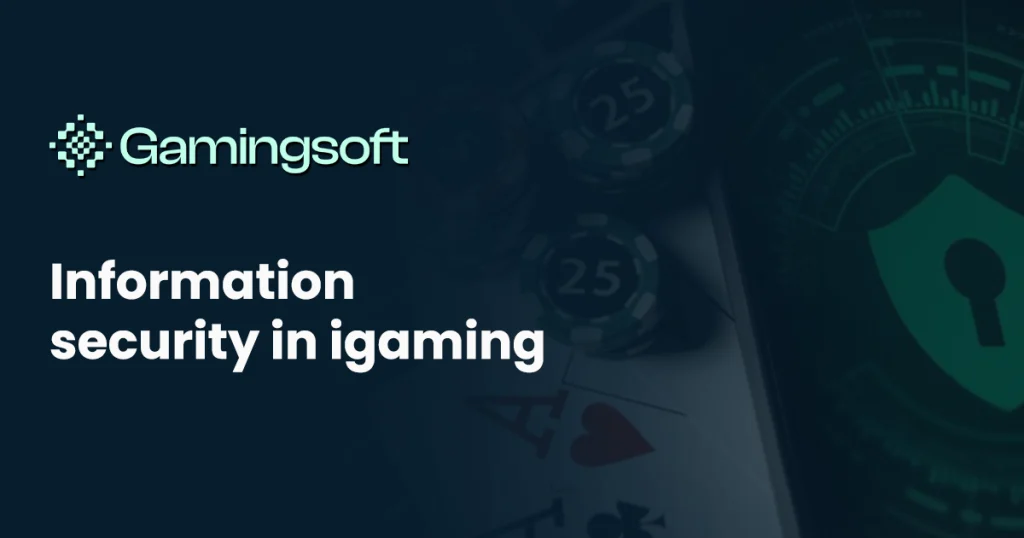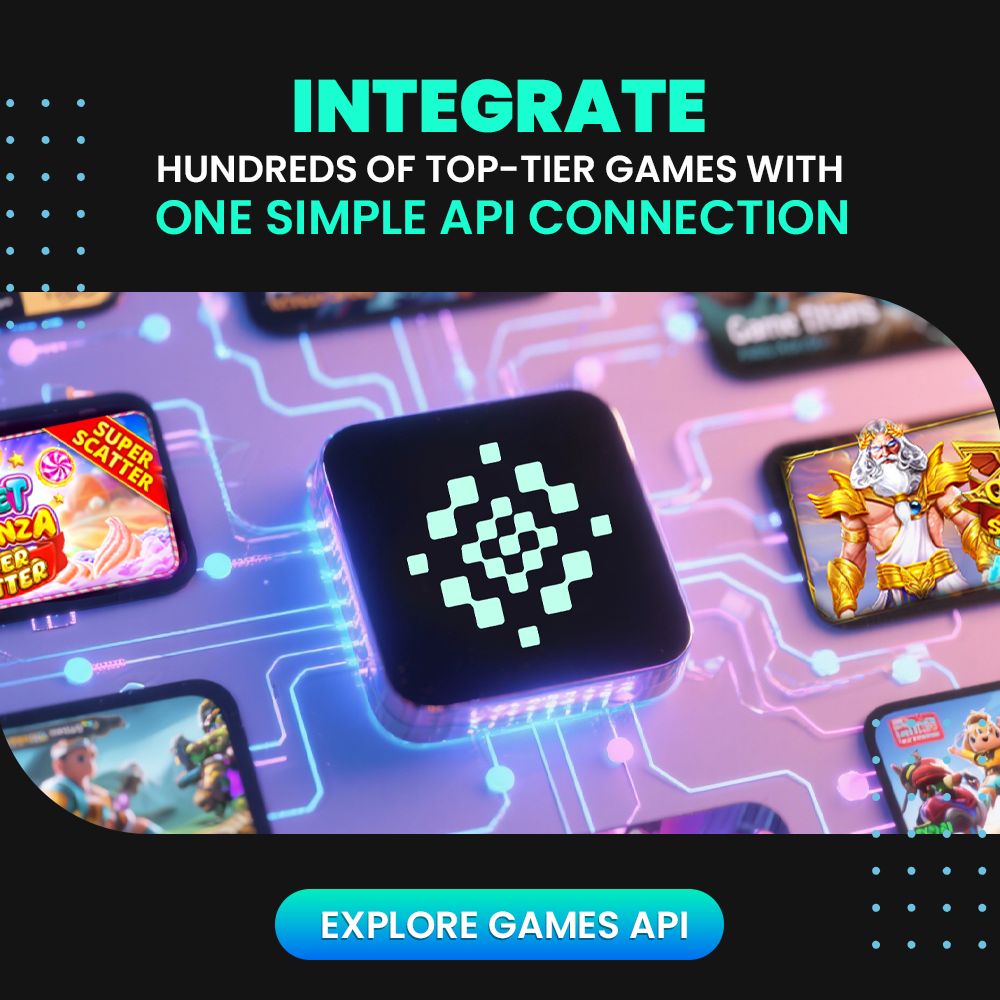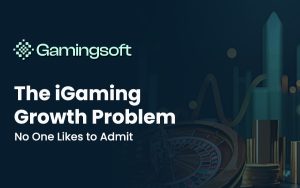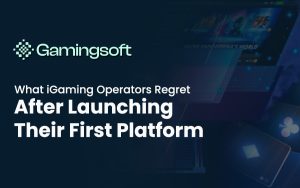Gamingsoft Blog – The iGaming industry runs on trust. Players share personal data, payment information, and digital footprints every time they log in. If that trust is broken, no promotion or bonus can win it back.
That’s why information security in iGaming is more than an IT concern — it’s a business priority. Every system, from payment gateways to CRM integrations, must be designed with security at its core. A single vulnerability can lead to data breaches, player loss, and regulatory penalties.
The good news? iGaming operators today have access to better tools, stronger compliance frameworks, and AI-powered monitoring than ever before. But understanding what to protect — and how — remains the key to keeping both players and platforms safe.
Understanding Information Security in iGaming
Information security refers to all the strategies and technologies used to protect data from unauthorized access, theft, or manipulation. In the context of iGaming, this covers everything from server encryption to fraud detection, identity verification, and responsible data management.
Modern casinos operate across dozens of integrations — payment processors, content providers, marketing tools, and analytics systems. Each connection introduces potential vulnerabilities. A single weak API, outdated plugin, or exposed credential can open the door to large-scale attacks.
According to the NCSC Cyber and Gambling Report (2021), the gambling sector faces a growing wave of phishing attempts, ransomware attacks, and supply-chain breaches. The same report found that many incidents were linked to human error or insufficient network segmentation — not just sophisticated hackers.
That’s why building resilience means going beyond firewalls. It’s about creating a culture of security — where every employee, vendor, and system follows consistent protection standards. Even a well-designed platform can fail without disciplined operational practices.
To strengthen this foundation, it helps to start with a clear map of your exposure points and understand how each layer of your operation — from backend servers to customer support — interacts with sensitive information.
Common Threats Targeting iGaming Platforms
Cybercriminals follow the money — and iGaming platforms process millions in transactions daily. That makes them prime targets for digital attacks. The threats are diverse, but most revolve around one goal: stealing data and disrupting trust.
A. Phishing and Social Engineering
Phishing remains one of the most common and damaging threats. Fraudsters often impersonate casino operators, payment processors, or even regulatory bodies to trick users into revealing credentials.
A successful campaign can compromise not just individual accounts, but entire CRM databases.
Operators need clear internal policies and proactive defenses, as outlined in “Phishing Protection for iGaming Clients“. Employee awareness training, multi-layer authentication, and simulated attack exercises can drastically reduce this risk.
B. Ransomware and DDoS Attacks
Ransomware attacks can freeze entire casino operations overnight. Once data is encrypted, recovery costs skyrocket — both financially and reputationally. DDoS attacks, on the other hand, flood your servers to take platforms offline during peak betting hours.
According to the UNLV Gaming Research & Review Journal, iGaming platforms experience more DDoS attempts than most other entertainment industries combined.
The best prevention is layered security: real-time monitoring, automated threat response, and offsite backups that ensure uptime even under attack.
C. Insider Risks and Weak Access Control
Not all threats come from outside. Employees and vendors with excessive system access can unintentionally or deliberately compromise sensitive data. Access control frameworks must follow the “least privilege” rule — granting only the permissions required for each role.
Automated logging tools and periodic access audits can help detect anomalies before they turn into full-blown breaches. The combination of technology and accountability is what keeps internal operations clean and compliant.

Building a Resilient Security Infrastructure for iGaming Operators
Defending an iGaming platform means balancing speed with stability. Players expect instant deposits, real-time odds, and seamless logins — but behind that convenience lies a network that must stay secure 24/7.
Security resilience starts with architecture. Each layer of your system — from player interface to backend servers — should be isolated but connected through encrypted, monitored channels. This segmentation ensures that if one component is compromised, the rest of your ecosystem stays protected.
Strong encryption, multi-factor authentication, and API-level firewalls are non-negotiable. Yet, resilience isn’t built from tools alone — it’s powered by continuous testing and real-time analytics.
AI now plays a central role in detecting anomalies faster than human teams can. Predictive algorithms analyze user behavior, flagging suspicious activity before damage occurs.
The potential of AI-driven monitoring is explored further in “AI: A New Frontier for iGaming“, where intelligent automation helps detect fraud patterns and unusual data flows across large transaction volumes.
Vendor and Third-Party Management
Every external integration is a potential doorway for attackers. Operators must vet all vendors — from payment processors to game providers — for compliance with ISO 27001 or equivalent security standards.
Each vendor should provide transparent audit reports and clear data-handling policies.
To go a step further, establish shared incident protocols with your partners. If one service detects a breach attempt, information sharing allows others in the network to respond faster, minimizing overall exposure.
Collaboration across providers isn’t just good practice — it’s essential to protect brand trust in a hyperconnected iGaming ecosystem.
Strengthen Your Platform with GS Intelligent B2B White Label
Protecting data isn’t just about compliance — it’s about reputation. A single vulnerability can erase years of player trust. That’s why working with a partner that prioritizes security from the ground up makes all the difference.
GamingSoft’s GS Intelligent B2B White Label provides a complete, security-first infrastructure for iGaming operators. Every solution is built with advanced encryption, modular APIs, and round-the-clock monitoring to safeguard transactions and player information.
With integrated data protection, AI-driven analytics, and multi-jurisdiction compliance, GS Intelligent helps you stay one step ahead of cyberthreats — while focusing on what matters most: growing your business. Security isn’t just a feature. It’s the foundation of sustainable success.
Conclusion
Information security in iGaming isn’t a checkbox — it’s a continuous discipline. The threats will keep evolving, but so can your defenses. By investing in strong infrastructure, trained teams, and trusted technology partners, operators can turn security into a competitive advantage.
Players remember how safe they felt when they played on your platform. That confidence fuels loyalty, referrals, and growth. So, as you scale your operations and adopt new technologies, keep one principle clear — protect your players first, and they’ll keep coming back.





